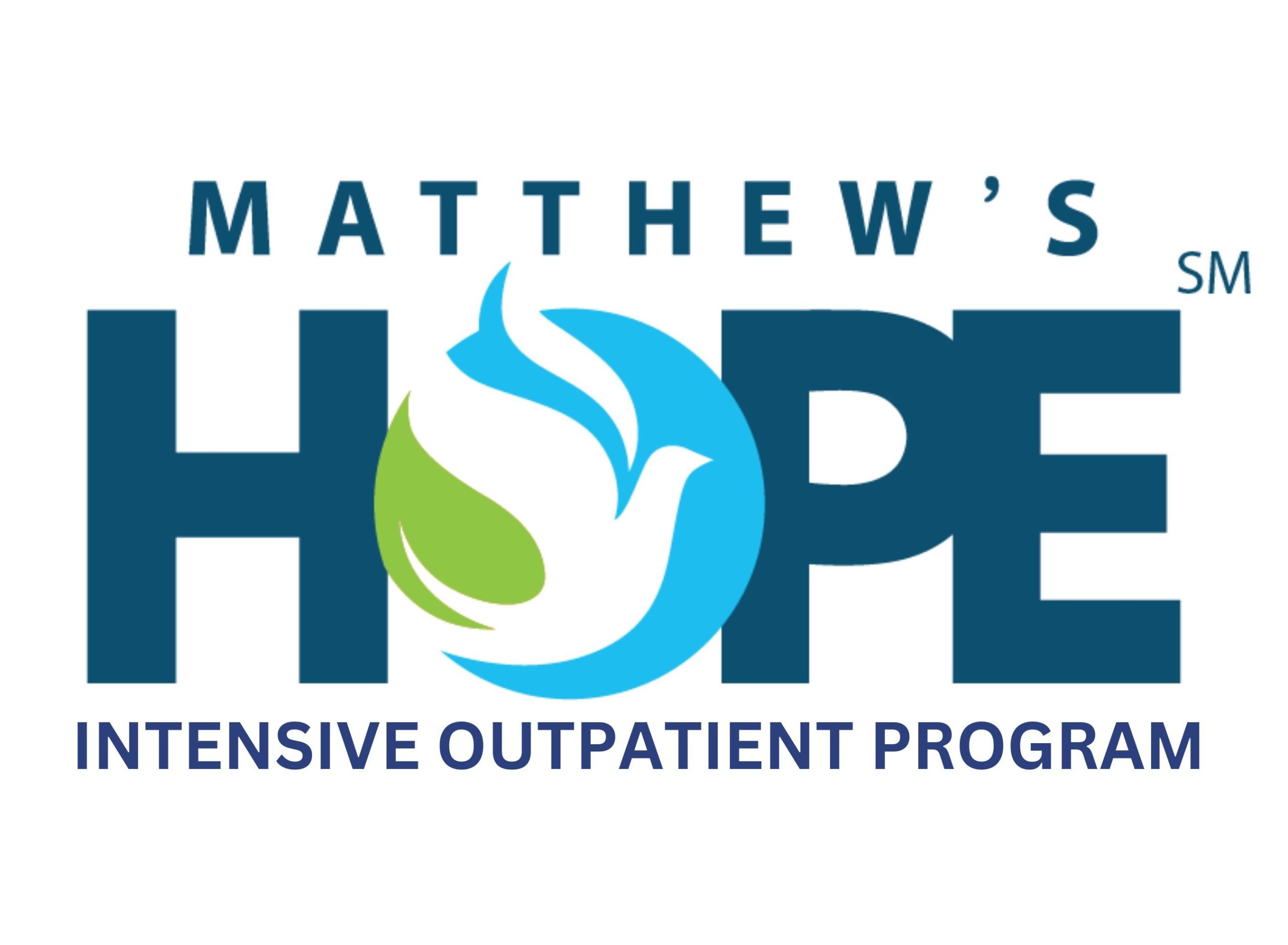At Matthew’s Hope Detox and Recovery Program, we use evidence-based treatments to support people as they recover from addiction. Our counseling program includes group and individual therapy. Because substance use disorders impact the entire family, we also provide family counseling and education, so everyone can be involved in the treatment process.
How Does Counseling Help Substance Use Disorders?
Counseling is an important part of treating substance use disorders because addictions are more than just physical problems. Often, trauma, depression, and other co-occurring disorders play a role in fueling addiction, so these problems need to be addressed if you want to achieve long-term sobriety.
At Matthew’s Hope Detox and Recovery Program, licensed counselors can help through individual, group, and family therapy. We can also support you through recovery coaching, medical detox, and other evidence-based treatments. Each program is tailored to the individual, so you get the exact treatment options you need to recover.
What Counseling Services Are Available?
The initial portion of the treatment process is our detox program, which typically lasts 10-14 days. During and after detox, you can access some of the following counseling services:
- Relapse Prevention Planning
- Family Education and Counseling
- Daily individual counseling with a licensed professional
- A structured curriculum for all groups using evidenced-based practices (Living in Balance, IMR)
- 19 groups per week
- Daily guided meditation
- Twelve Step and Spiritual Wellness groups
- Individualized treatment and aftercare planning
- Door-to-door transitions from detox to residential treatment or at-home aftercare services
- Recommendations and referrals for supportive services for family members
- Daily recreational therapy (basketball, foosball, Ping-Pong and DIY/therapeutic crafts)
Matthew’s Hope Detox and Recovery is able to achieve impressive results because of its unique combination of therapies, counseling, and peer support services. Along with spiritual counseling and wellness therapies, we use advanced microcurrent neuroscience methodologies to help heal parts of the mind and body that have been harmed by addictions.
Living in Balance
One of our most popular and noteworthy programs is Living in Balance. This research-based, user-friendly program was created to help people improve lifestyle issues that have developed because of their substance use disorder. Originally, Living in Balance was created by Danya International.
During the customizable program, you can get inpatient or outpatient care. Each session typically lasts for 60 to 75 minutes, but sections of the session can be shortened to just 30 minutes.
In the session, you will learn how to identify problem situations where you might feel cravings and an urge to use. Then, you will learn how to spot decisions that lead to drug use. Afterward, you brainstorm different ways to respond with new coping skills and how to prevent a relapse.
Living in Balance can be used in a range of environments, like with older adults in recovery, managing chronic disease, chronic pain, and medication-assisted treatment (MAT). It incorporates trauma therapy, 12-step principles, and emotional management.
In research studies, Living in Balance was found to be especially effective at helping people in recovery. Research showed that individuals who utilized Living in Balance sessions were less likely to return to use post-treatment. In addition to requiring fewer treatment sessions, the Living in Balance group was also more likely to spend less time at the treatment center.
Get Help With Your Addiction Today
Addiction is a disease, and it doesn’t disappear once you complete detox. Even when the physical dependence ends, you still have habits, emotions, and thoughts left from your substance use disorder. You must learn how to manage and cope with these feelings if you want to remain sober in the long run.
At Matthew’s Hope Detox and Recovery, we have a range of counseling options, detox protocol, and aftercare tools. We create individualized recovery plans, so each person gets the exact care they need. To learn more about our services and get started on your sobriety, reach out to us today.



